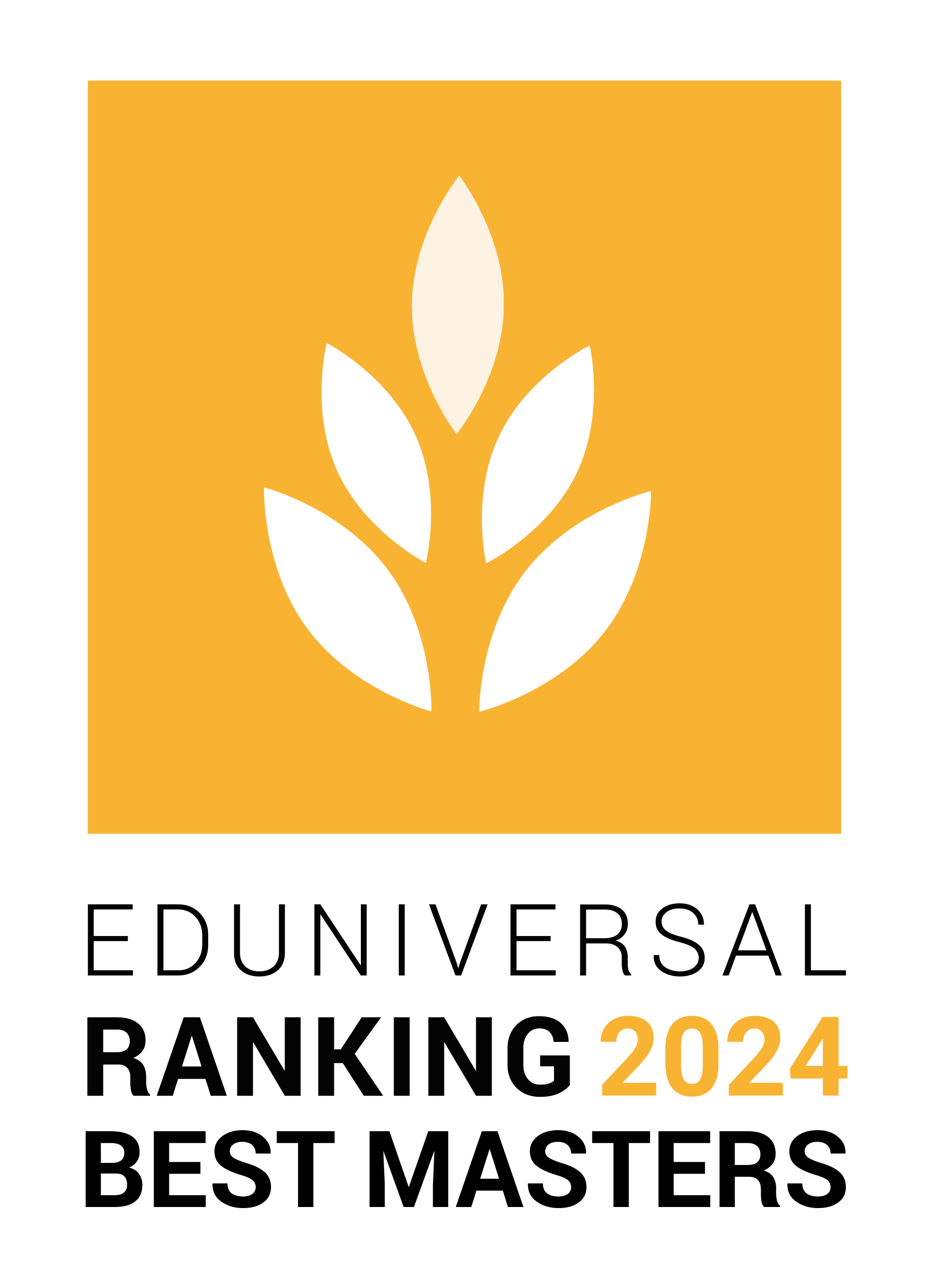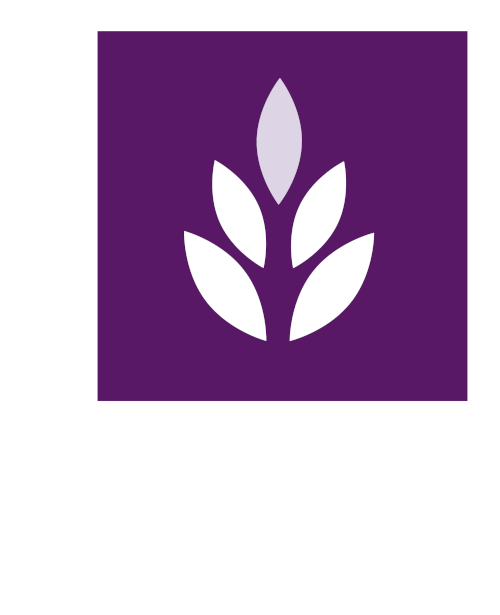- Home
- About
- Business Schools Ranking
- Selected schools
- study abroad
- Awards
- Contact

Study in Cuba
Cuba Statistics
Geography-Population
- Capital: Havana
- Area: 110,860 km ²
- Climate: Tropical moderated by trade winds; dry season is November-April, rainy season is May-October
- Population: 11,451,652 (est. July 2009)
- Languages: Spanish, Castilian
Government-Economy
Government-Economy
Government Type: CommunistNational Holiday: January 1GDP: $108.2 billion (est. 2008)GDP – per capita (PPP): $ 9,500 (est. 2008)
Information for Foreign Students in CubaObtaining a Visa
A tourist visa card (visa de tarjeta del turista) is necessary for travellers from most nations. This visa, which is really little more than a piece of paper on which you list your vital statistics, costs between 15-25 CUC (or 15-25 Euro), depending on where purchased. It can be purchased at the Airport in Cuba on arrival, however it should be noted that many airlines will require a valid tourist visa card before boarding flights. It is usually valid for 30 days and can be extended once for another 30 days at any immigration office in Cuba (for 25 CUC) - beyond this you would need a flight out of Cuba within the extended visa period. Canadians are the exception, getting 90 days on arrival and can apply for a 90 day extension. Your passport needs to be valid at least six months past the end of your planned return. From Canada, the tourist card is normally provided on the flight. It can be purchased at Cancun airport (250 MXN) if departing from there, and similarly in most other Latin American gateway airports. Please note that if departing the UK and many parts of Europe at least (this may apply to other countries), you are required to have the visa before boarding the plane. Boarding may be denied (this is because the airline could potentially receive a $1,000 fine from immigration authorities) and airplane ticket lost. In the UK, applying for the visa is a very simple process and can be done by post or in person at the Cuban embassy in London. If you apply in person, you get the visa straight away. It can also be done through online agencies. It is important to note that there is also a departure tax of CUC 25, to be paid in cash when departing Cuba by airplane; this is not required for boat departures. This tax is not well publicised but it is essential to remember it. You will run into significant difficulties if you do not have enough cash to pay this tax when leaving the country. An ATM is available at the airport but these facilities are not as reliable in Cuba as in other places.
Accommodation
A law was drafted in 1997 which allows individuals to host foreigners. However, owners of casas particulares must pay a large fee: between 100 and 200 CUC per month per room (depending on the region), whether occupied or not. Restrictions were introduced in 2004: not more than 2 rooms can be rented by home, not more than 2 persons per room, and the hosting of a foreign couple not married was prohibited.
Cost of Living A trip in Cuba is quite expensive compared to other countries in Latin America. The prices of hotels and restaurants are comparable to those in Europe. Renting a car is more expensive. For example:
Restaurants
- Very cheap: less than 6 CUC (4.60 euros)
- Inexpensive: 6 to 10 CUC (4.60 to 7.70 euros)
- Average Prices: 10 to 15 CUC (7.70 to 11.50 euros)
- Expensive: more than 15 CUC (11.50 euros)
Money
The main banks (Banco Nacional de Cuba, Banco Financiero Internacional, Banco Internacional de Comercio, Banco Popular de Ahorro) are generally open from 8:30 am to 15pm, except on Saturdays and Sundays. The exchange offices Cadeca close much later and are opened on Saturday morning, sometimes on Sunday morning. You won't have to pay any commission, and rates are all very similar. Take traveler's checks in euros for precaution. The commission is, however, comprised between 3 and 5%. Very few merchants accept traveler's checks, except for some major hotels. Thus, you will have to change your traveler's checks for cash at banks and some Cadeca offices. Visa International and Master Card are accepted everywhere in Cuba, provided they are not issued by a U.S. bank. U.S. credit cards are banned.
Telephone
Digitalization is nearly complete and many numbers have changed. Ask around you or in an Etecsa office (the Cuban telephone company) for more information. You can buy phone cards for 5.10 to 20 CUC for a call from a card booth. You can also call from coin booths, which is especially good for national communications. Health Public health is one of the great achievements of Cuban socialism, accessible to all and completely free. The pharmaceutical industry is competitive, and doctors are very competent. The only problem is the lack of medicine at times. There are pharmacies called "international" in large cities, because they are better supplied.
Transportation
Transportation is a problem in Cuba. Taxis are fairly expensive, cars do not run frequently, trains are rare and buses are always packed. Hitchhiking, or botellas, is the most used means of transportation, although a flexible schedule and good Spanish is needed for that. Known as 'El Amarillo' ('the yellow guy') for the yellowy-beige uniforms of its administrators, the system consists of points along main routes where certain vehicles are required to stop and pick up hitchhikers. Amarillo points ('el punto amarillo') along major highways are often full service rest stops for hitchhikers, with water, peso-priced food, and a 24 hour indoor waiting area. The bus will make you lose a lot of time. However, the bus remains for tourists a safer and more convenient means of transportation, cheaper than a rental car. Two main bus companies share the market: Viazul Company for the transportation of tourists, and Astro Company used primarily by Cubans. The train railway connects Havana to all major cities. The trains are fairly archaic, slow and never on time. Count 30 CUC (23 euros for a regular train) to 62 CUC (47.70 euros for tren especial) for a ticket Havana-Santiago. However, taxis are the most convenient way to get around big cities; there are official government taxis, private and potentially unlicensed "yank tanks," and small three-wheeled coco-taxis.
Official Selection of the Best Business Schools in Cuba
|
2 Palmes Of Excellence GOOD Business School |
Rank Position in
Palmes’ League |
Deans’ Recommendation
rate 2024 |
|---|---|---|
| 1 | 211 ‰ |

Official Selection of the Best Business Schools in Cuba
Learn the ranking results of the best masters in Cuba here:
